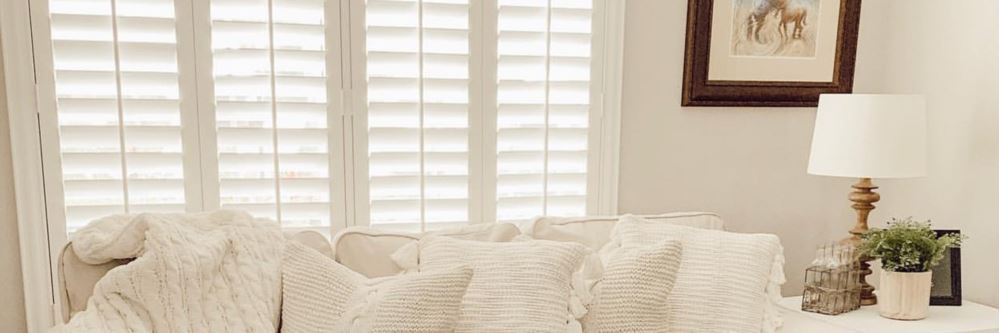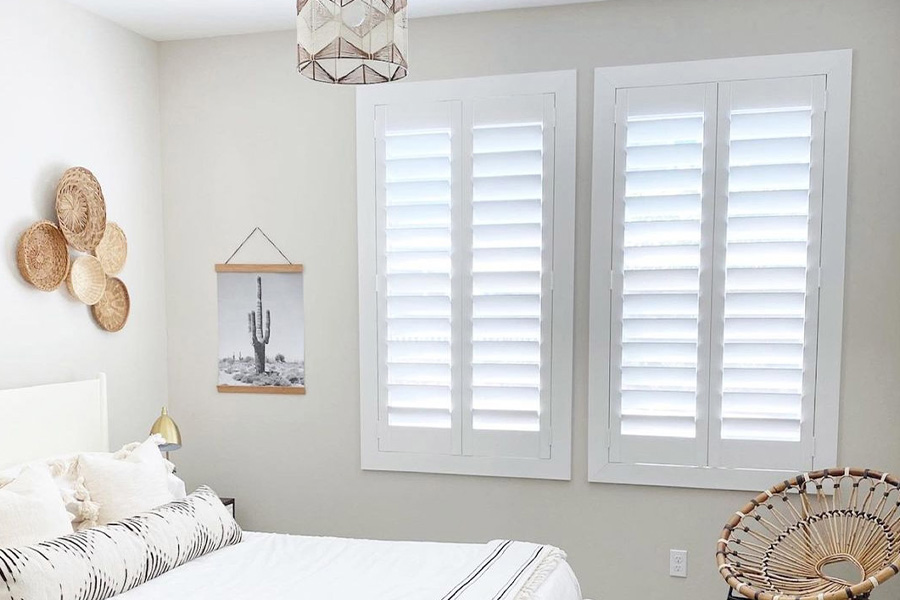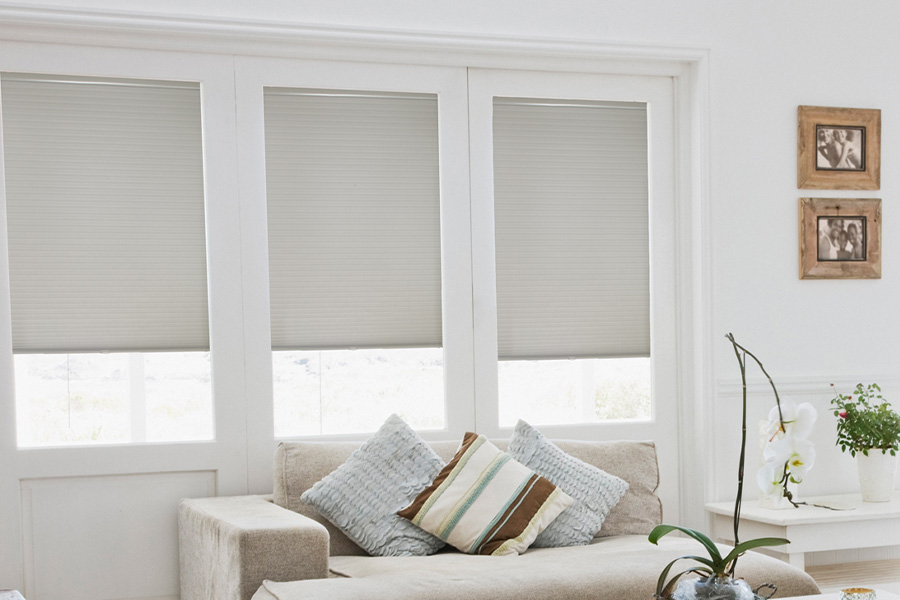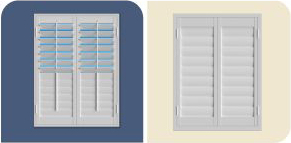
The R-Value Of Window Treatments And Shutters In Boston
Energy conservation should be a huge requirement for your window treatments in Boston. With the wrong treatment, you might feel a good deal of heat loss, which may lead to larger heating and cooling bills. To discover the best energy-efficient window treatments, you will have to look at their R-values.
But what window treatments own the highest R-value in Boston?
How Can You Find A Window Treatment’s R-Value in Boston?

But why should you worry about a window treatment’s R-value in Boston? Well, because windows are one of the most common energy wasters in your house. If you have to keep in the hot air during wintertime or keep your rooms cool in the warm times, you need a window covering with more insulation. A window covering with a big R-value lets you keep your rooms at an optimal setting.
Window Covering R-value Comparison Chart
Every window treatment is not created with the same care, which is a large part in how they insulate. Though there can be a little variation with the materials and quality between different makes and models, here’s what you’re probably to find when contrasting window coverings.
| Window Covering | Average R-Value |
| Bare window | 0.75 - 1 |
| Mini-blinds | 1.5 - 2 |
| Shades | 2.5 |
| Drapes | 2 - 3 |
| Real wood Shutters | 3 - 4 |
| Cellular Shades | 4.5 |
| Polywood® Plantation Shutters | >6 |
Keep in mind, the higher the R-value the more efficient the window treatment. It shouldn’t be a shock that mini-blinds, which are made with thin aluminum, bring almost no insulation when compared to a more substantial product, like faux-wood shutters. That big gap in R-value can be seen in a difference of several degrees – enough to feel an impact on if you dial up the thermostat and make your energy bills rise.
What Raises A Window Covering’s R-Value In Boston?

Then what materials the product is made out of can have a significant impact to insulation. Take cellular shades, which use several engineered layers of fabric that create “cells” to trap heat. As a result, they will block temperature flow more efficiently than treatments like pleated shades. Likewise, our Polywood plantation shutters, built from a impenetrable faux wood material, can block heat loss more than hard wood shutters. Polywood shutters also use seamless weatherstripping, which results in a air-tight seal when the louvers are snapped shut.
Improve Your House’s R-value In Boston
Does it seem like your house could be a bit cozier? How about a change to Polywood shutters to increase your windows’ R-value? Contact us at Sunburst Shutters Boston by dialing 781-352-2205 or submitting the form below to book a free in-home consultation.


